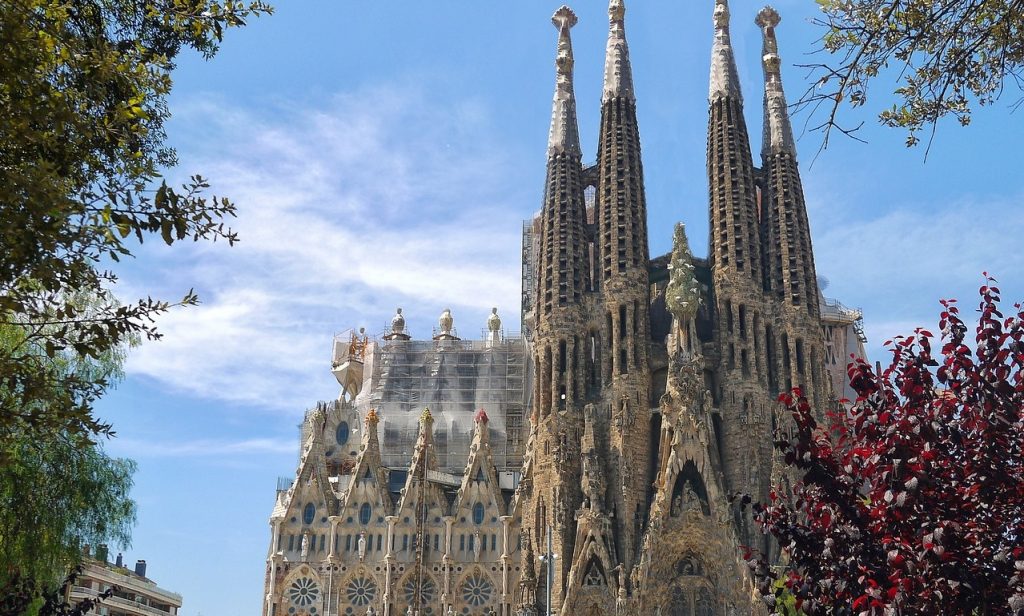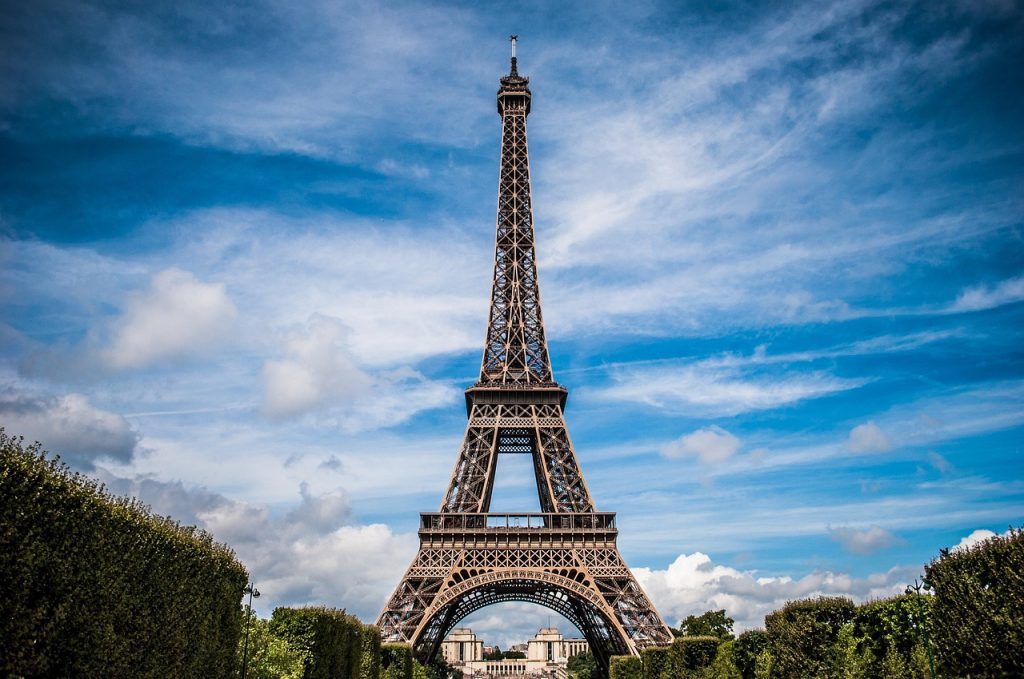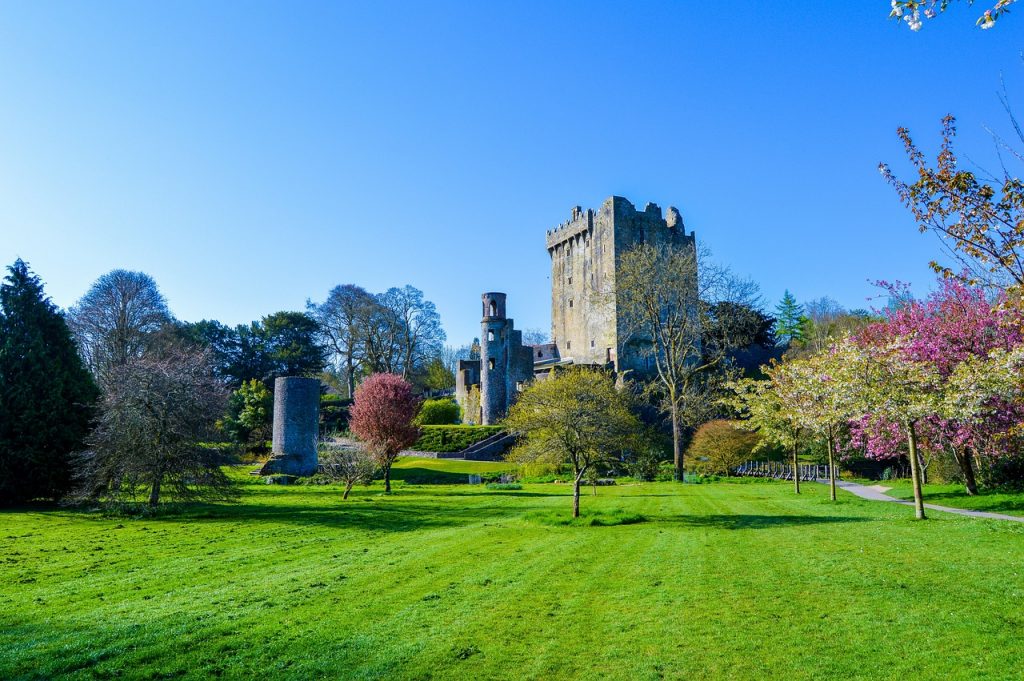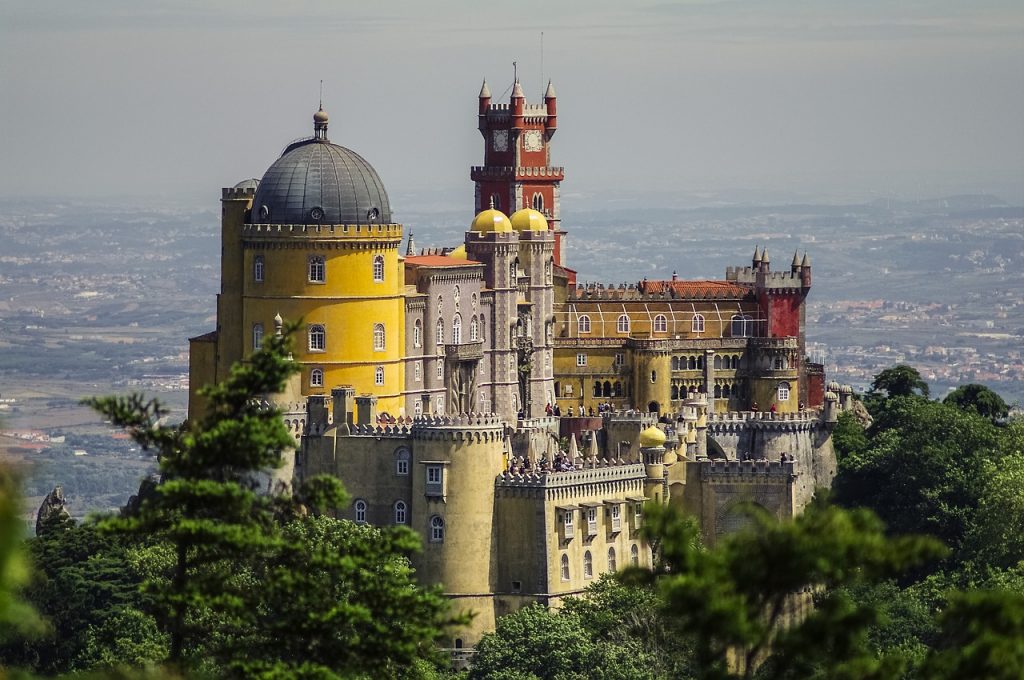France is a country overflowing with culinary, cultural, historical, and architectural attractions. The country features exquisite art, delectable cuisine, and breathtaking landscapes. There is something for everyone which beckons answer to the question when is the best time to visit France.
France features the romantic allure of Paris and the sun-soaked vineyards of Bordeaux. But when is the best time to embark on your French adventure? Let’s explore the seasons and other factors to help you plan your ideal visit to this European gem.
Best Time to Visit France Based on the Weather
Spring (March to May):
Spring is a delightful season to explore France as the country blooms with new life. Temperatures range from 45°F to 65°F (7°C to 18°C), and the landscape comes alive with colorful flowers and lush greenery. Spring is ideal for outdoor activities, such as visiting gardens, hiking, and exploring charming villages. However, be prepared for occasional rain showers, especially in April and May.
Summer (June to August):
If you prefer warm weather and long daylight hours, summer is the best time to visit France. Average temperatures hover between 70°F to 85°F (21°C to 29°C), making it perfect for beach vacations along the French Riviera, exploring historical sites, and indulging in al fresco dining. Summer is also the peak tourist season, so popular destinations may be crowded, and prices can be higher.
Autumn (September to November):
Autumn in France is a visual masterpiece as vineyards turn golden, and tree-lined avenues burst with warm colors. Temperatures range from 55°F to 70°F (13°C to 21°C), creating a comfortable atmosphere for wine tasting in Bordeaux, exploring the Loire Valley, or strolling through Parisian parks. Crowds begin to thin out compared to the summer months, providing a more serene travel experience.
Winter (December to February):
If you’re a fan of winter sports, festive markets, and fewer tourists, winter is an excellent time to experience France’s charm. Winter temperatures range from 35°F to 50°F (2°C to 10°C) in most regions, but can be colder in the Alps. Skiing, snowboarding, and cozying up with hot chocolate are popular activities in the French Alps. Christmas markets, especially in Strasbourg and Colmar, are truly enchanting. Just be prepared for shorter daylight hours and the occasional snowfall.
Best Time to Visit France Based on Prices and Crowds
Low Season (November to March):
Winter and early spring are considered the low season in France. Prices for accommodations, flights, and attractions tend to be lower, making it an attractive option for budget travelers. While you’ll encounter fewer tourists, be mindful of the colder weather, shorter days, and the possibility of some tourist sites having reduced hours or being closed.
Shoulder Seasons (April to June, September to October):
France’s shoulder seasons offer a balance between pleasant weather and manageable crowds. Accommodation and flight prices are often more reasonable compared to the summer months, and you can enjoy a more relaxed experience at popular destinations. Spring and early autumn are particularly favorable for sightseeing.
High Season (July to August):
Summer is the high season in France, attracting tourists from around the world. Prices for accommodations, flights, and attractions can be at their highest during this period. If you plan to visit during the summer months, booking in advance is advisable to secure your preferred accommodations and activities.
Discovering France’s Cultural Experiences
France is renowned for culinary and cultural experiences. People travel from around the world to experience some of the exquisite delicacies the country affords visitors. Here are 10 popular cultural experiences that occur annually across France:
- Bastille Day (July 14th): Bastille Day, known as “La Fête Nationale” in France, celebrates the French Revolution. It features grand parades, fireworks, and communal gatherings. The most iconic celebration takes place in Paris, where a military parade marches down the Champs-Élysées, followed by a magnificent fireworks display at the Eiffel Tower.
- Cannes Film Festival (May): The Cannes Film Festival is one of the most prestigious film festivals globally, attracting filmmakers, actors, and celebrities from around the world. It showcases the best in international cinema and is known for its glamorous red carpet events.
- Festival d’Avignon (July): The Festival d’Avignon is one of Europe’s most prominent theater festivals. Held in the historic city of Avignon, it features a diverse range of performances, from classical theater to contemporary works, attracting theater enthusiasts and artists alike.
- Nuit Blanche (October): Nuit Blanche, or “White Night,” is an annual arts festival that transforms the streets of Paris into an open-air museum. Throughout the night, various art installations, exhibitions, and performances light up the city, allowing visitors to experience art in a unique way.
- Jazz à Juan (July): Located in the beautiful town of Juan-les-Pins on the French Riviera, Jazz à Juan is one of Europe’s oldest jazz festivals. It has hosted legendary jazz musicians and continues to feature world-class performances against the backdrop of the Mediterranean Sea.
- Festival of Lights (December 8th): In Lyon, the Festival of Lights (Fête des Lumières) is a dazzling spectacle where residents place lit candles on their windowsills, transforming the city into a sea of lights. The festival commemorates the Virgin Mary and has evolved into a celebration of art and creativity.
- Festival de Cannes (May): The Festival de Cannes is not only a prestigious film festival but also a glamorous red-carpet event that attracts the biggest names in the film industry. It showcases a wide range of international films, from indie productions to major Hollywood releases.
- Tour de France (July): The Tour de France is one of the world’s most famous cycling races. It takes place over three weeks, with cyclists covering thousands of kilometers through various regions of France. Spectators line the streets to cheer on the riders as they pass by.
- Christmas Markets (December): France is renowned for its charming Christmas markets. Cities like Strasbourg, Colmar, and Paris are adorned with festive decorations, and the markets offer a variety of holiday treats, crafts, and gifts.
- Festival International de Jazz de Montreux (July): While not in France, Montreux, Switzerland, hosts this world-renowned jazz festival located on the shores of Lake Geneva, close to the French border. It attracts top jazz musicians and offers a mix of jazz, blues, and rock performances.
These annual cultural experiences showcase France’s rich artistic and historical heritage, making it a captivating destination for culture enthusiasts from around the world.
Exploring France’s Nature and Outdoor Experiences
While France is renowned for its art and culture, it also offers captivating outdoor experiences. Here is a glimpse at some of the wilderness wonders of France:
Provence Lavender Fields: Blooming in July and August, these fields are a photographer’s dream.
Mont Blanc: The French Alps are a playground for outdoor enthusiasts, with summer and winter activities.
Dordogne River: Ideal for canoeing and exploring charming medieval towns, best experienced in late spring and early autumn.
What Is the Best Time to Visit France and Why?
The best time to visit France depends on your preferences and interests. If you revel in warm weather, beach vacations, and vibrant street life, summer is the peak season for you. However, be prepared for larger crowds and higher prices. For those seeking a balance between favorable weather and fewer crowds, the shoulder seasons of spring and autumn offer an ideal compromise. Winter is perfect for experiencing France’s festive charm, historic streets, and winter sports at more budget-friendly prices.
In conclusion, France is a country that offers its magic year-round, and each season brings its unique charm to this land of art, gastronomy, and romance. Whether you’re savoring croissants in a Parisian cafe, exploring the vineyards of Bordeaux, or skiing in the French Alps, France’s timeless allure will enchant you. So, when is the best time to visit France? The answer lies in your personal preferences and the experiences you seek.
Experience France’s magic in spring, summer, autumn, or winter—it’s a journey you won’t forget.
Photo Credits:
Image by Edi Nugraha from Pixabay





